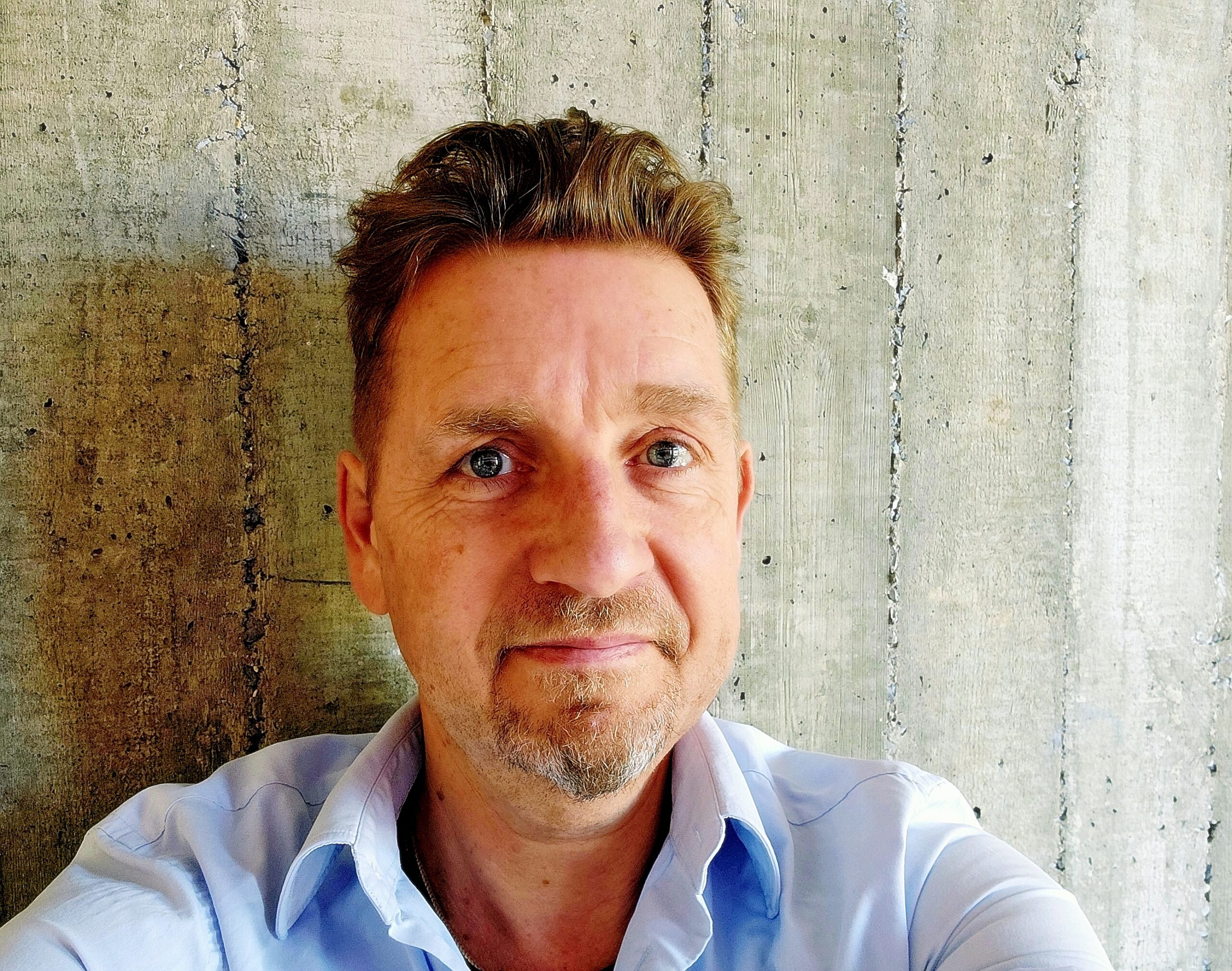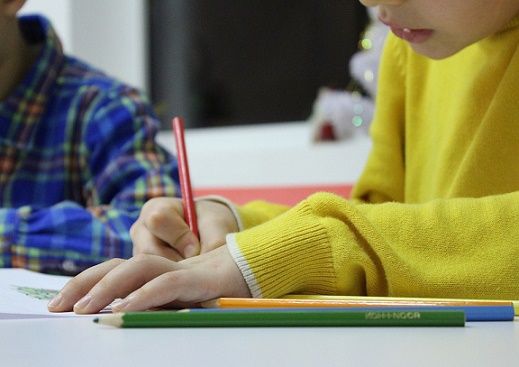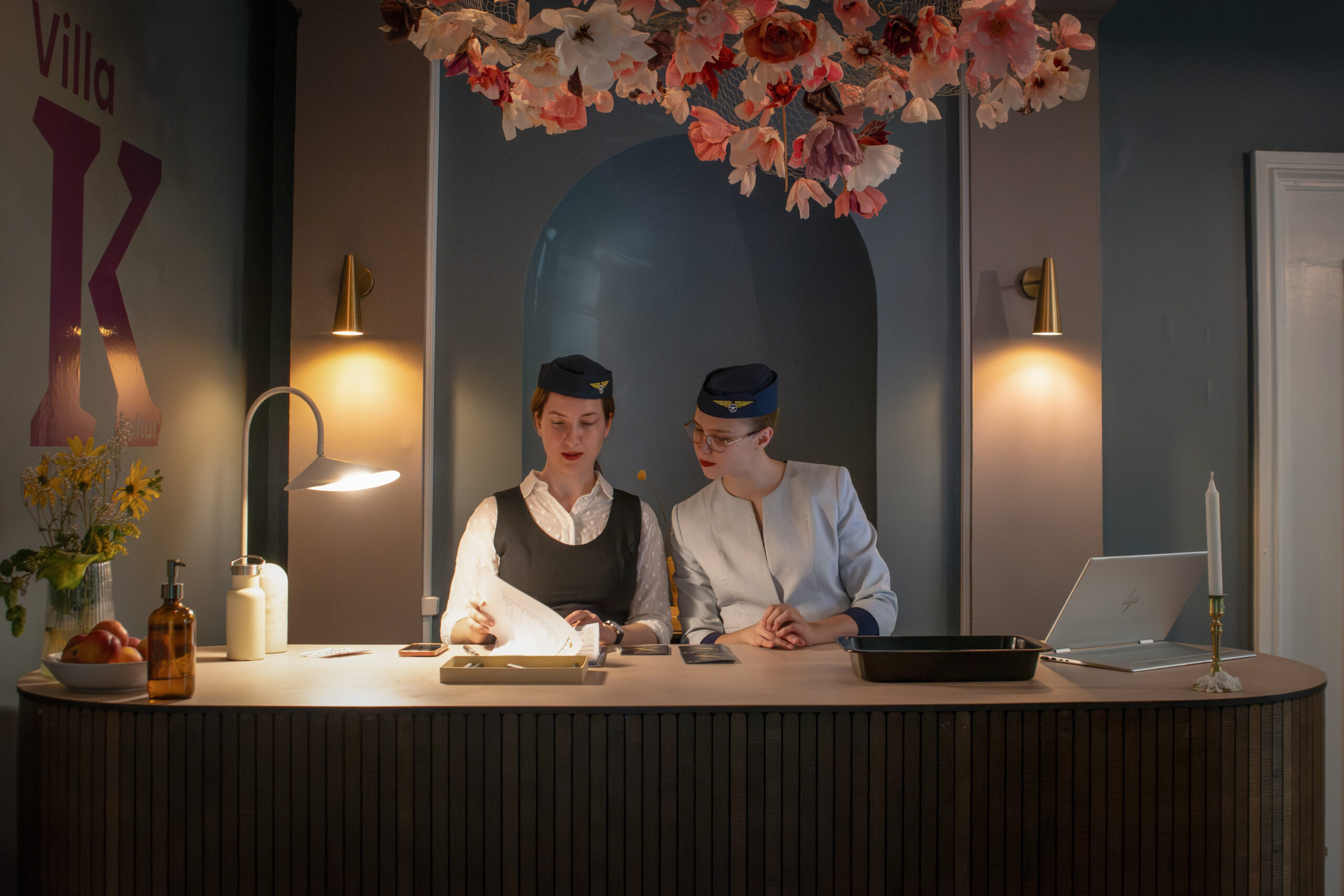An increasing number of parents are turning towards private education when choosing a school for their children, according to a new report from the Education Ministry.
At the beginning of the 2012 school year, roughly one sixth (15.6 percent) of all students in grades 0 to 9 attended a private school, up from 13.9 percent in 2008. During the same timeframe, the number of students in public schools fell by almost 20,000. As of 2012, there were 561,000 students in public schools and 104,740 attending private institutions.
Niels Egelund, the head of the Department of Education at Aarhus University, said the trend is unsettling.
“The development is a huge problem. Those who choose private schools are people who really prioritise their children’s education and get involved,” Egelund told Politiken newspaper. “And the public schools really need these kinds of people.”
Public schools important for community
The trend is even more apparent in the Greater Copenhagen area, according to a report from the City Council. At the end of last summer, 24 percent of students from grade 0 to 2 started up in private schools, something that disturbs the pro-public school parent organisation, Brug Folkeskolen (use public schools).
“It’s important that people choose the public schools because it improves cohesion between schools and community, and also so that kids can come in contact with other types of people,” Marianne Kjær, a project leader for Brug Folkeskolen in the Sydhavn district, told Politiken. “A good mixture is a strength and people are more similar in private schools.”
Private school boom
While class numbers in public schools have shot up across Denmark in recent years as the government continues to close down or combine schools, private schools have been reaping the benefits.
Since 2007, 104 private schools have popped up across the nation, 17 of which were established just this year. Anders Balle, the head of the headteachers' association, Skolelederforeningen, was dismayed at the trend.
“It could be a sign that the public schools aren’t performing well enough, but some parents are under the mistaken impression that it’s better to send their kids to a school where they pay and get more influence,” Balle told Politiken. "If this trend continues, the public school will become a second-rate school.”
Based on a fantasy
But Søren Lodahl, a spokesperson from the private school organisation, Privateskoleforening, argues that the rise in private school attendees should not be interpreted as a problem.
“There is a fantasy in the Danish public school system that parents are egotistical and send their kids to private school at the expense of the common good,” Lodahl told The Copenhagen Post. “Whether public or private, a school is still a mirror of the community where it is located, whether it is in Nørrebro, Gentofte or Rungsted.”
Lodahl contended that the rise of private schools has occurred incrementally over the past ten years and has been partially dictated by media coverage that has focussed negatively on the public and private school sector.















